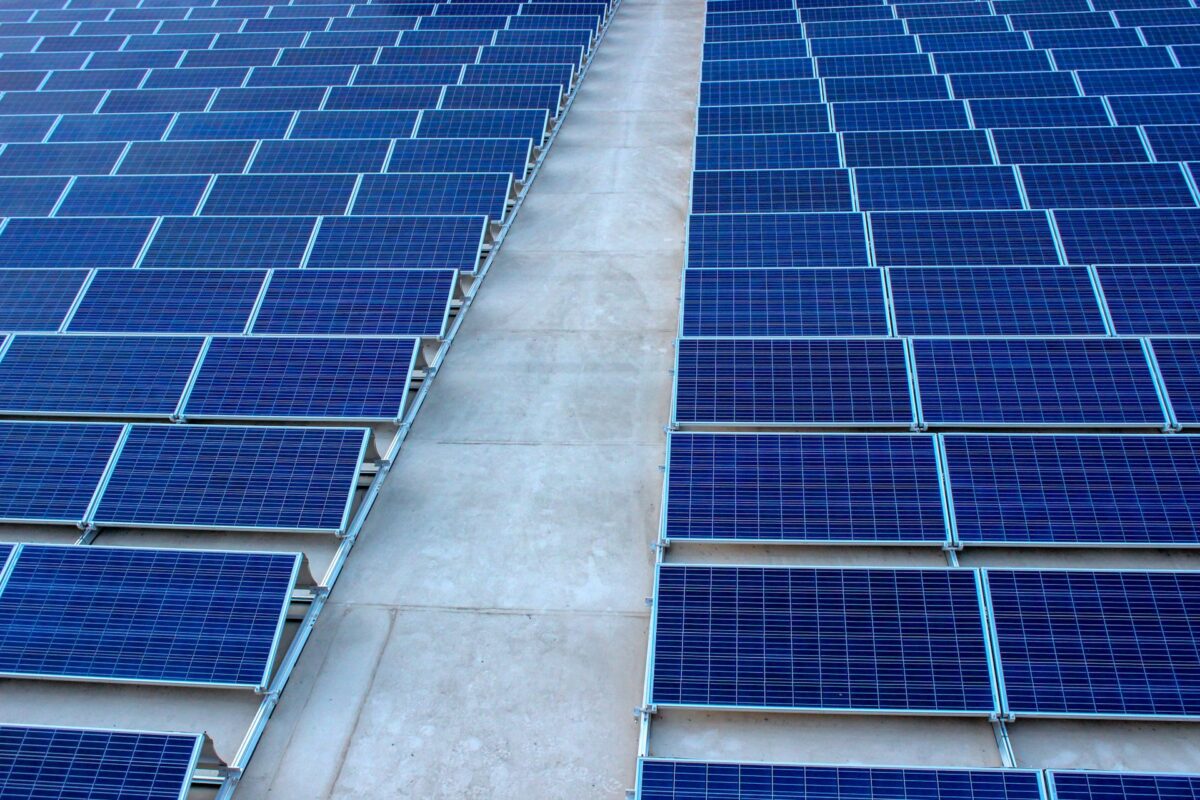A new report from the International Energy Agency’s (IEA) Photovoltaic Power Systems Programme (PVPS) says that with Germany’s cumulative PV power installations accelerating, focusing on efficient end-of-life (EOL) management has become paramount.
Germany is expected to be the first country to experience larger EOL volumes, according to one of the report’s three key takeaways, with the number beginning to significantly increase by the end of the decade. The report notes an “urgent need” to expand recycling capacities, adding most development activities have not made it to industrial scale or commercial applications because of currently low volumes of processed EOL modules.
It adds that although some major challenges to a successful take-back and recycling system have been identified, there have also been promising approaches for further improvements.
The report offers a series of lessons learned for other countries expecting a rise in their EOL volumes. Recommendations were developed through two workshops held in 2021 and 2022 with industry stakeholders from across Germany's entire EOL modules treatment chain.
Participants acknowledged that Germany has taken steps to ensure proper collection and recycling of PV modules but noted a need for improvement throughout the treatment flow, particularly in the transparency of PV module waste volume, the take-back and collection process and module recycling.
Volume flows of collected and treated PV module waste reported in official statistics are less than expected quantities, the report says, leading to the assumption that larger quantities are disposed of via alternative routes that bypass recycling systems. Better tracking of EOL is required throughout the treatment chain, stakeholders suggested, which could be done through incentives to drop off at collection points. This should make it possible to return to collection points without additional fees.
Popular content
Stakeholder feedback said Germany’s current take-back system is “very complex.” They explained takeback coordination for PV modules differs from business-to-business and business-to-consumer. Elsewhere, there was evidence of modules being transported to incorrect initial treatment facilities or recycling plants, such as non-silicon modules going to recycling facilities that only treat silicon modules. Both of these issues were found to lead to higher administrative expenses.
Suggested solutions included training personnel responsible for sorting and preparing modules for transport, labeling PV module types at module manufacturer sites, reducing distances from collection sites to treatment facilities, and developing treatment facilities that treat several or all types of modules.
Workshop attendees also said German recycling infrastructure and recycling capacities need to be rapidly expanded for all module types. Glass cullet currently fails the requirements to be recycled for high-quality applications during industrial scale recycling, while in silicon-based module recycling, not all valuable material fractions can be economically recycled yet.
The report says recycling infrastructure “could be expanded to combine facilities of the established mechanical or mechanical/wet chemical processes”. It points towards developments using alternative technologies to enhance the recycling of valuable materials, such as a process that uses high-energy light pulses to separate material composites, as a potential future approach. This design would allow for mobile operation, the report says, therefore reducing transportation efforts.
Last year, IEA PVPS predicated a high-cost, low-revenue scenario for solar recycling through a regulatory and industrial landscape review for EoL PV in Germany, France, Italy, Spain, Japan, South Korea, China, Australia, and the United States.
This content is protected by copyright and may not be reused. If you want to cooperate with us and would like to reuse some of our content, please contact: editors@pv-magazine.com.


3 comments
By submitting this form you agree to pv magazine using your data for the purposes of publishing your comment.
Your personal data will only be disclosed or otherwise transmitted to third parties for the purposes of spam filtering or if this is necessary for technical maintenance of the website. Any other transfer to third parties will not take place unless this is justified on the basis of applicable data protection regulations or if pv magazine is legally obliged to do so.
You may revoke this consent at any time with effect for the future, in which case your personal data will be deleted immediately. Otherwise, your data will be deleted if pv magazine has processed your request or the purpose of data storage is fulfilled.
Further information on data privacy can be found in our Data Protection Policy.